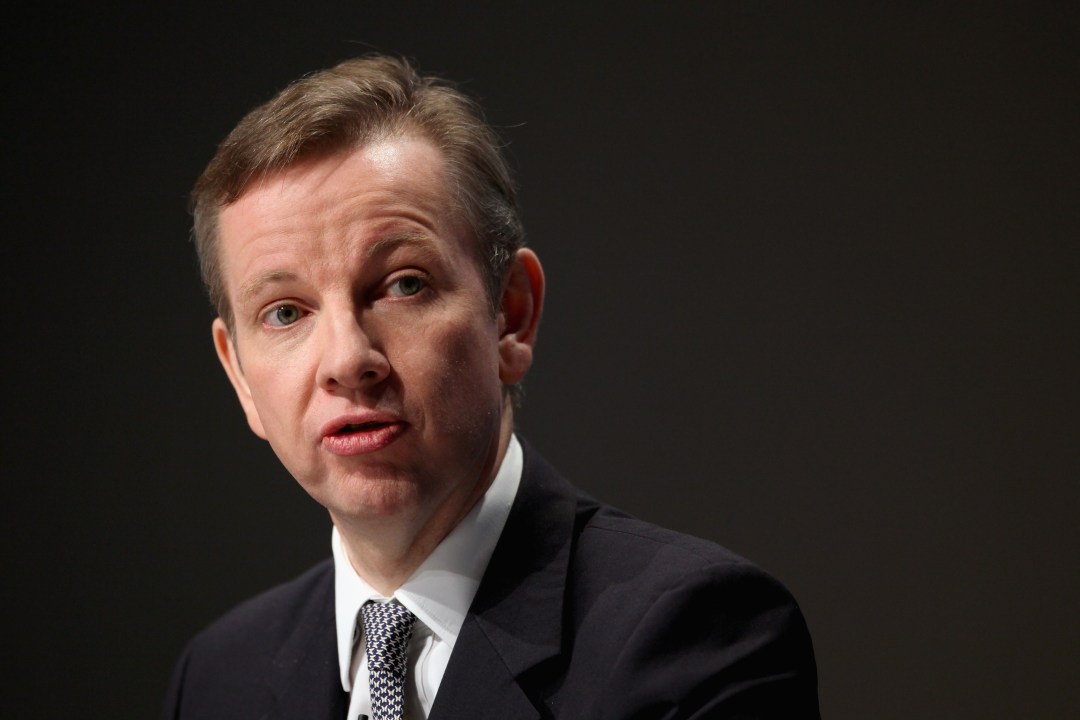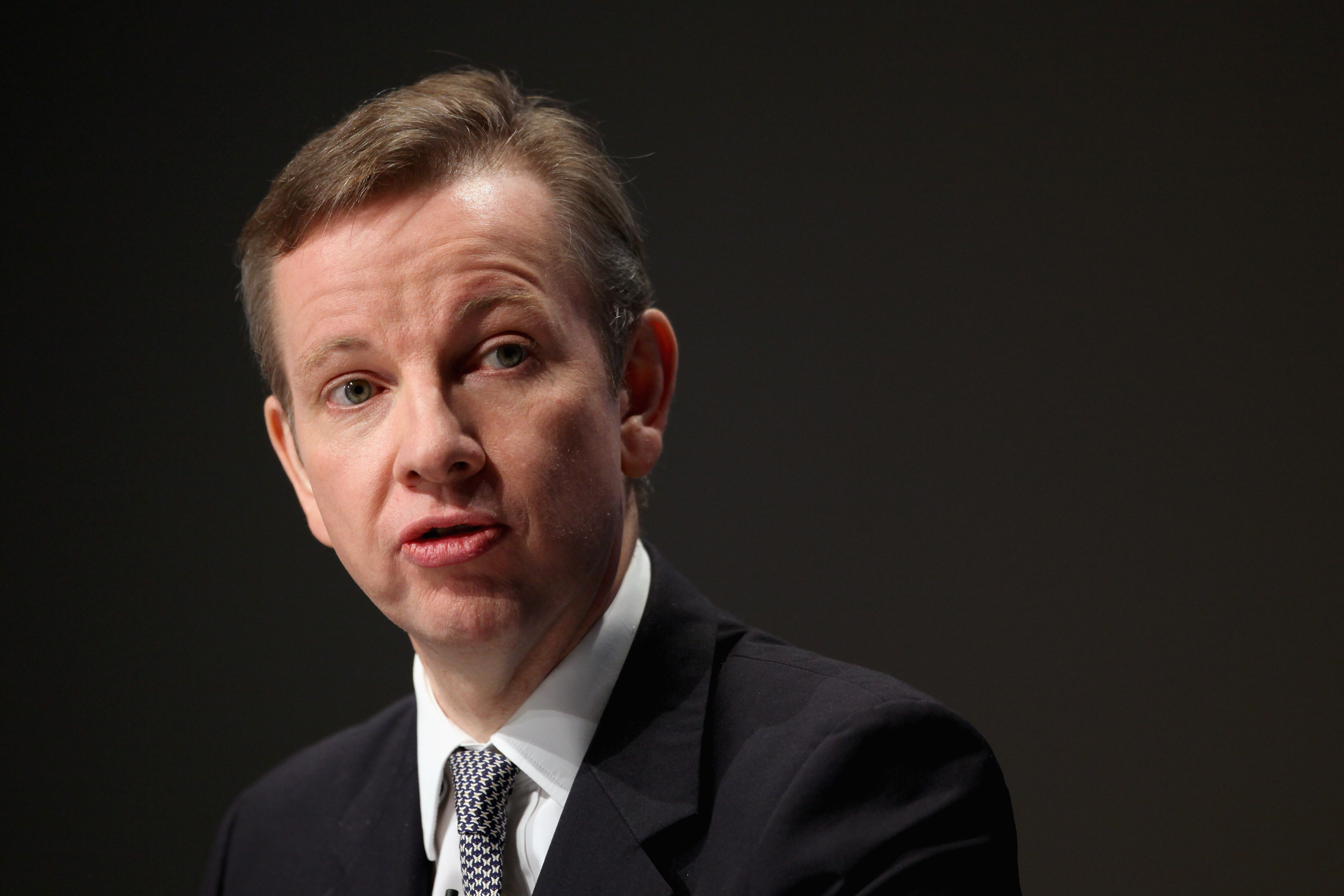 The small crowd of demonstrators from a group calling itself the Anti-Academies Alliance who gathered outside the Spectator conference on The Schools Revolution yesterday gave an indication of the opposition that Michael Gove and the Conservatives would face, were they to win the election and attempt the radical overhaul of which the British education system is so obviously in need. The thing that came across in our brief but passionate debate with the protestors was their opposition to independence, wherever it may raise its head in schools. Choice, to these people, is anathema.
The small crowd of demonstrators from a group calling itself the Anti-Academies Alliance who gathered outside the Spectator conference on The Schools Revolution yesterday gave an indication of the opposition that Michael Gove and the Conservatives would face, were they to win the election and attempt the radical overhaul of which the British education system is so obviously in need. The thing that came across in our brief but passionate debate with the protestors was their opposition to independence, wherever it may raise its head in schools. Choice, to these people, is anathema.
Undeterred, Gove’s speech majored on the virtues of independence. He criticised the present government for waging ‘a war on independence’ passim: Lord Mandelson wants to interfere with university admissions procedures in the interests of inclusion; the Charity Commission has turned into the government’s attack dog to be unleashed against independent schools; and academies have lost most of their independence in setting curriculums and payscales that was the original reason for setting them up.
Independence and choice have paid large educational dividends in Sweden and the USA, where Free Schools and Charter Schools allow teachers and heads, philanthropists and entrepreneurs, to try new ways of delivering education, especially to children from less advantaged backgrounds. Immigrant families in Sweden and black families in US inner cities have benefited from a system that allows parents the choice of where their children are educated and what sort of education they receive. It has offered them a way out of what George Bush senior described as the soft bigotry of low expectations.
Perhaps the most charismatic figure at the Spectator conference was Peter Fyles, a Yorkshireman who is now CEO of International English Schools in Sweden, where children receive a rigorous, traditional education leading up the IGCSEs – which are not allowed in British state schools, perhaps because they retain the rigour of the old O-levels. His schools operate on a first-come, first-served basis; parents sign a contract laying down the rules on mobile phones, chewing gum and caps (all disallowed); and traditional subject divisions are maintained. The schools have enjoyed outstanding success.
If the Conservatives form the next government and follow through on their promise to introduce something akin to the Swedish Free Schools, we will need a plethora of entrepreneurial spirits like Peter Fyles. But we also need something else: a radical overhaul of the planning process (which the Conservatives have already promised) and a slashing of the regulatory burden that is currently imposed on anyone trying to set up a new school. As the proprietor of the three schools run by the New Model School Company, two of which opened last September, I am keenly aware of the virtual impossibility of clearing the regulatory barriers to entry into this market, which will ensure that no new schools will come online to carry out the new policy. Without new schools, the legislation will be a dead letter, as parents will still only have the choice of existing schools, which may be very bad in some areas.
There are lots of problems that need to be sorted out quickly, and all at once. It is a daunting prospect, but the sunlit uplands on the horizon still offer an enticing destination.
Robert Whelan is managing director of the New Model School Company.







Comments